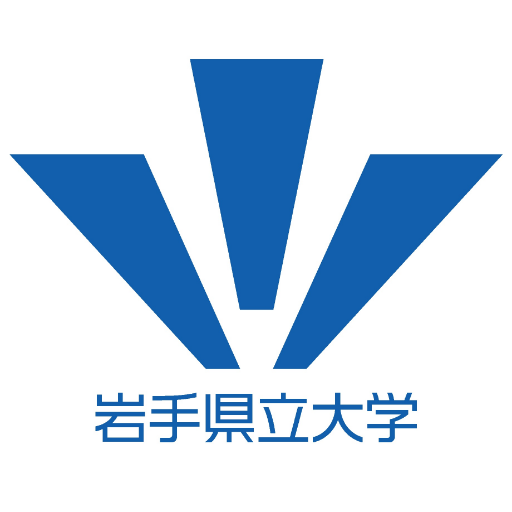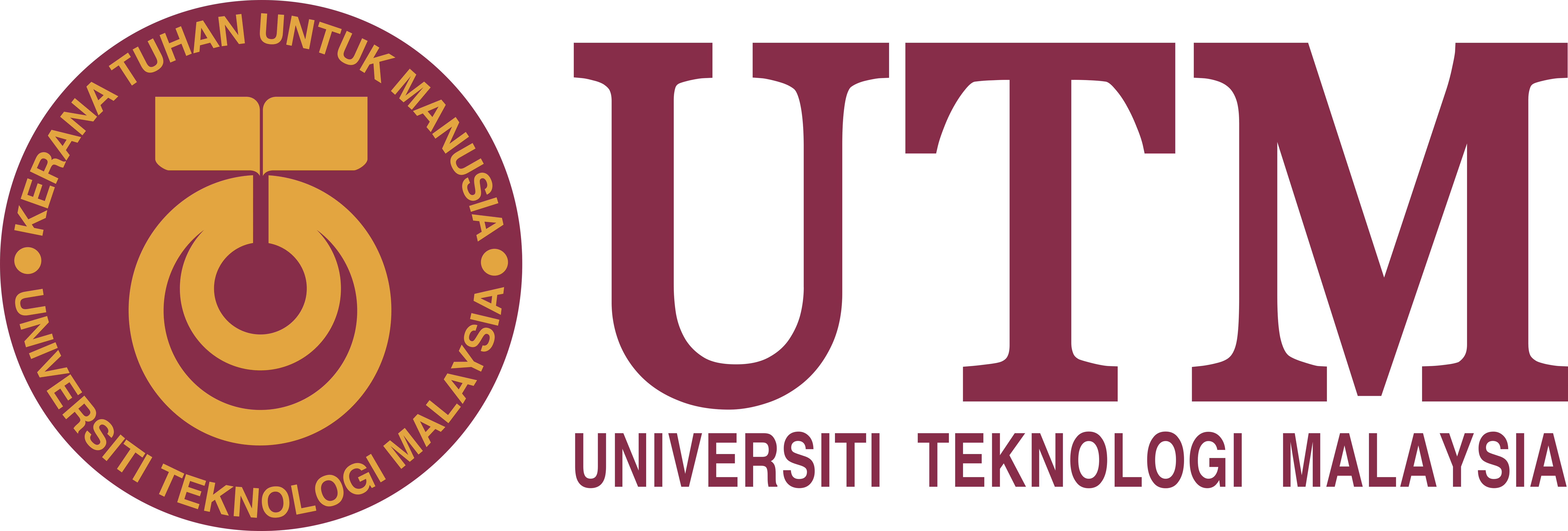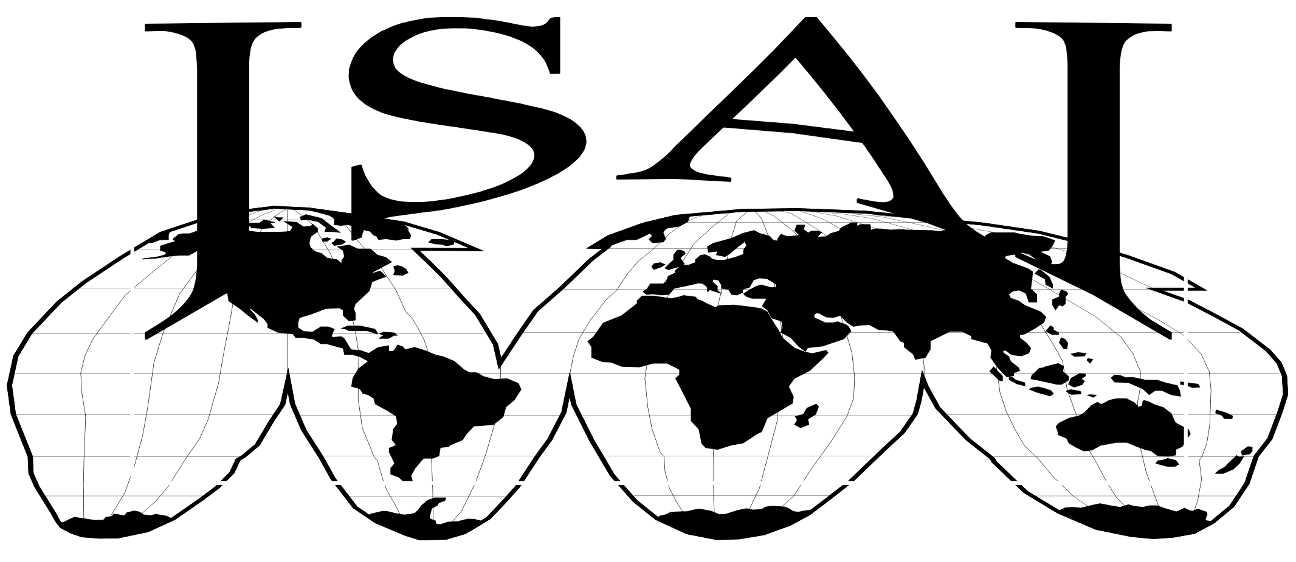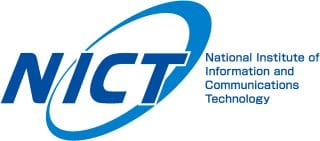IEA/AIE 2025
IEA/AIE 2025
Kitakyushu, Japan
| July 1-4, 2025
Important Dates
Paper Submission December 15, 2024 January 31, 2025
Notification to authors March 12, 2025
Paper Registration April 25, 2025
Camera-Ready papers April 25, 2025
Special Sessions
All Special Sessions Follow the Same Dates as the Main Track
Intelligent Systems and e-Applications (iSeA)
Advanced Applied Intelligence Methodologies and Applications (AAIMA)
The 38th International Conference on Industrial, Engineering & Other Applications of Applied Intelligent Systems IEA/AIE 2025 continues the tradition of emphasizing on applications of applied intelligent systems to solve real-life problems in all areas including engineering, science, industry, automation & robotics, business & finance, medicine and biomedicine, bioinformatics, cyberspace, and human-machine.
The conference will publish a Special issue in Applied Intelligence, after the conference selecting the best papers in terms of quality, reviews, and presentation. The selection will be done after the conference through emails sent to the corresponding authors with detailed instructions. Therefore we advise all authors to do their best in good presentation.
The sequences would be:
– submission to the conference;
– acceptance at the conference and inclusion in the proceedings;
– and only then possible invitation (with further instructions) to the journal special issue by its guest editors later.
IEA/AIE 2025 IS ORGANIZED IN COOPERATION WITH
ACM Special Interest Group on Artificial Intelligence (ACM SIGAI) / Catalan Association for Artificial Intelligence (ACIA) / China Computer Federation (CCF) / International Society of Applied Intelligence (ISAI) / Italian Association for Artificial Intelligence (AIxIA) / Iwate Prefectural University, Japan / Japanese Society for Artificial Intelligence (JSAI) / Society for the Study of Artificial Intelligence and the Simulation of Behavior (AISB) / Spanish Society for Artificial Intelligence (AEPIA)/ Taiwanese Association for Consumer Electronics (TACE) / Texas State University, USA / University of Hradec Kralove (UHK) / Universiti Tekonologi Malaysia (UTM) / Taiwanese Association for Artificial Intelligence (TAAI)
Topics of interest include, but are not limited to:
Adaptive Control Ambient Intelligence Argumentation Systems Artificial Immune Systems Automated Reasoning Autonomous Agents Bayesian Networks Bio-informatics Case-based Reasoning Computer Animation Computer Vision Cognitive Models Constraint Programming Data Mining Decision Support Systems Description Logics Evolutionary Computation Expert Systems Fuzzy Logic Games Information Retrieval Heuristic Search Human Robot Interaction Intelligent Systems Knowledge Representation | Machine Learning Meta-heuristics Model-based Reasoning Multi-Agent Systems Multi-Media Processing Natural Language Processing Neural Networks Non-Monotonic Logics Optimization Planning and Scheduling Preference Reasoning Privacy Preserving Data Mining Robotics Semantic Web Smart Graphics Social Networks Soft Computing Speech Recognition Swarm Intelligence Temporal and Spatial Reasoning Uncertainty User Modeling Ontologies |
iSeA
Intelligent Systems and e-Applications (iSeA)
Submissions must be made through the system available at the following link:
IEA/AIE 2025 Special Session iSeA Submission Link
Overview In the industry revolution 4.0, many Intelligent Systems and e-applications have been created to better serve the increasing needs of the people. They bring much benefits for working in industrial and social development. E-applications are electronically/network based applications for the social development of communities, such as e-learning, e-commerce, e-governance, e-health, and so forth. Those applications use electronic media, and information and communication technologies to do their works. They are effective and feasible methods of systems to manage and process via the Internet. They also work on information and data of social networks. E-applications are one of the information technology solutions and become popular method worldwide. They provide highly effective management, reduces the time, effort and money of individuals and organizations. Besides, the intelligent systems based on intelligent computing technology are the useful methods to solve problems for e-applications. They include a range of techniques, such as Artificial Intelligence, Pattern Recognition, Evolutionary Computing, Neuroscience & Bioscience, Soft Computing, IoT, Big Data. This special session at IEA/AIE aims to bring together professionals, engineers, academics and industrial people worldwide to discuss and exchange new ideas and the latest achievements in developing Intelligent Systems and e-applications Scope Relevant topics include, but are not limited to, the following:Intelligent tutoring system Intelligent Problem Solver Intelligent Agent for management systems Intelligent Information Systems Tools and Technology for Knowledge Management Expert systems Ontological Engineering Document Retrieval Systems Methods for automated evaluation in e-learning Business Intelligence Social network and information diffusion E-Marketing and Consumer Behaviour Intelligent Applications for e-Management E-health applications and software Innovative Models in e-Management Multimedia Processing in applications Computational Modeling, Mobility and Big Data Other future trends and issues in intelligent e-applications |
Chairs of Session:
Nhon V. Do, Hong Bang International University, Vietnam
Ali Selamat, Universiti of Teknologi Malaysia (UTM), Malaysia
Hien D. Nguyen, New Mexico State University, USA
AAIMA
Advanced Applied Intelligence Methodologies and Applications (AAIMA)
Submissions must be made through the system available at the following link:
IEA/AIE 2025 Special Session AAIMA Submission Link
Overview In order to get high quality papers, we invite you to submit paper to Special Session on Advanced Applied Intelligence Methodologies and Applications (AAIMA) of the 38th International Conference on Industrial, Engineering & Other Applications of Applied Intelligent Systems (IEA/AIE 2025). The goal of this Special Session is to bring together researchers interesting in intelligent systems. Researchers from these areas are encouraged to submit proposals to present their work related to intelligent systems. Submissions will be evaluated on the basis of their innovation, relevance, scientific contribution, and presentation. Scope Relevant topics include, but are not limited to, the following:Neural nets and support vector machines Intelligent and knowledge based systems Intelligent agent - Inductive learning Intelligent control Fuzzy systems Sample and feature selection Evolutionary computation Data mining - Automated reasoning Knowledge-based systems Information retrieval and integration Machine learning Pattern recognition Robotics Speech recognition and synthesis Mobile intelligence Web intelligence AI applications Computer vision Image processing Intelligent e-learning/tutoring Semantic web Other related topics |
Chairs of Session:
Shyi-Ming Chen, Department of Computer Science and Information Engineering, Asia University, Taiwan
Author Instructions
Submissions must be made through the system available at the following link:
*Announcement: For those who cannot obtain a visa in time or are unable to attend for any reason, virtual video presentations will be considered and allowed for presenters.
Authors are invited to submit their papers in English of up to 12 single spaced pages including references, and presenting the results of original research or innovative practical applications relevant to the conference. Practical experiences with state-of-the-art AI methodologies are also acceptable when they reflect lessons of unique value to the conference attendees. Shorter works, up to 6 pages may be submitted as short papers representing work in progress or suggesting possible research directions.
Submitted papers must be formatted using the Springer LNCS/LNAI style and will be done electronically using the submission button above. The use of the LaTeX2e style file available from Springer is required. Papers submitted to IEA/AIE 2025 must not have already been published, or accepted for publication, or be under review for a journal or another conference. Submissions will go through a double blind review process by Program Committee members for originality, significance, technical merit, and clarity of presentation. In this regard, authors should not include any information that would identify them or their affiliations. Such information can however be added to the camera-ready version, if the paper is accepted.
The "best student paper award will be given to the best student submissions based on quality and novelty. Free registration fee and possible travel (if traveling is allowed) to the awarded winner will be offered by ACM SIGAI. Besides, there is other category for "best Technical paper" award and "best theory paper award; offered by Springer. The conference proceedings will be published by Springer in the Lecture Notes in Artificial Intelligence (LNCS/LNAI) series. A paper will be accepted either as a long or as a short paper. Long papers will be allocated 12 pages while short papers will be allocated 6 pages in the proceedings.
The conference will publish a Special issue in Applied Intelligence , after the conference selecting the best papers in terms of quality, reviews, and presentation. The selection will be done after the conference through emails sent to the corresponding authors with detailed instructions. Therefore we advise all authors to do their best in good presentation. More details will be explained in the conference sessions.
Authors of accepted papers will be allocated time for an oral presentation at the conference and will have the opportunity to present their work in a poster session. At least one author of each accepted paper is required to attend the conference to present the work. Authors must agree to this requirement prior to submitting their paper for review.
The conference proceedings will be published by Springer in the Lecture Notes in Artificial Intelligence (LNCS/LNAI) series. A paper will be accepted either as a long or as a short paper. Long papers will be allocated 12 pages while short papers will be allocated 6 pages in the proceedings.











